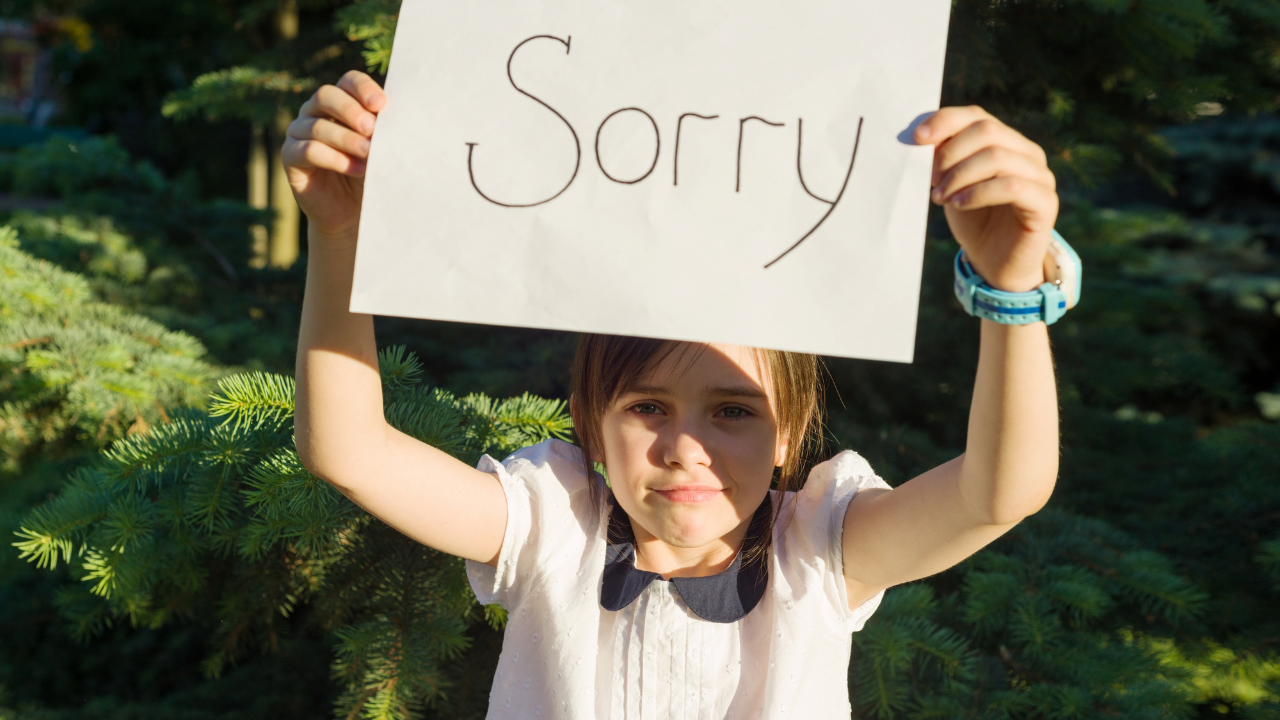“How are the kids?” (And what have they accomplished?)
Apr 20, 2023

We Love to Talk About Our Kids
If you are a parent, or talk to parents, one of the first things you...
Sorry, Not Sorry: How to Build Empathy When a Child Hurts Another child
Dec 08, 2022

Say “Sorry!”
Many parents have heard or figured out that it can backfire when we make or ask a c...

